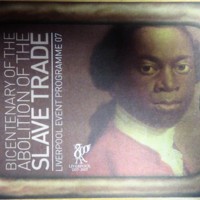
Liverpool Event Programme 07
Liverpool hosted a city-wide programme of activities and projects to commemorate the bicentenary, as part of events to mark the city's 800th birthday. The events aimed to celebrate the African Diaspora and support works by artists of African descent. They included: LEAP, an annual contemporary dance festival featuring African dance companies; a performance of Mighty Diamonds - Reggae Legends at the Philharmonic Hall; the Roscoe Lectures; the Brouhaha International Carnival, celebrating resistance, rebellion and abolition; the Africa Oyé Music Festival at Sefton Park; the Bound exhibition at Open Eye Gallery, showing works representing personal perspectives on the physical and psychological impact of slavery on humanity; and many other lectures and debates. There was also a slavery trail around the city.
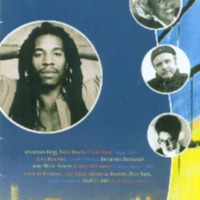
WOW2007
In 2007 Liverpool's annual Writing on the Wall arts festival explored the legacy of slavery through words, music, lyrics, song, dance and discussion. Authors, campaigners and social commentators explored the themes of the bicentenary and Liverpool's 800th birthday. The festival aimed to celebrate diversity and promote inter-cultural tolerance. Speakers included one of the nine Britons detained in Guantanamo, Cuba. Among the performers was dub poet Benjamin Zephaniah joined by Jean 'Binta' Breeze and Levi Tafari, and featuring the MDI African Dancers for an 'extravaganza of rhythm and rhyme' at the Royal Philharmonic Hall. Liverpool Young Writers was launched by Writing on the Wall in 2007. Members have recently performed at Slavery Remembrance Day and the International Slavery Museum.
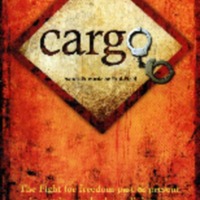
Cargo
Written by composer Paul Field, Cargo premiered in Hull City Hall in March 2007, sponsored by Hull City Council. Cargo featured contemporary songs, narration, dance and images that told the story of the struggles of slaves, the historical work of William Wilberforce and the abolition movement, through to the contemporary struggles against slavery today. Performers included the singer Coco Mbassi, saxophone player Mike Haughton and Springs Dance Company. The narrators and choir were local people, including members of City of Hull Youth Choir, Redemption Gospel Choir and Hot Gospel in Hull. Cargo was also performed in London, Plymouth, Bristol and Liverpool. Smaller events were put on by church and community groups around the UK, assisted by the script, score and backing track of the music being made available on CD-Rom.
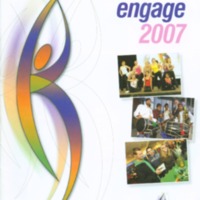
Engage 2007
The Engage 2007 Festival of Culture celebrated cultural freedoms in South Gloucestershire. Led by South Gloucestershire Council, and in partnership with local volunteer groups, schools and community groups, the festival took place on 17 November 2007. It featured 40 live performances of drama, dance and music from India, China, Africa, South America and Europe, a world food zone, family workshops, youth and environmental activities and 60 interactive and information stalls. The Impact exhibition was produced as part of Engage 2007, exploring the part that people living in South Gloucestershire played slavery and abolition.
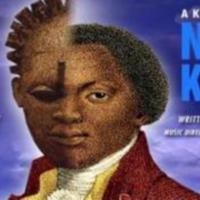
Nobody Knows
Written and directed by Mervyn Weir, 'Nobody Knows' used drama, dance, music and imagery to explore the history of the transatlantic slave trade and its legacy today. Told through the eyes of Olaudah Equiano, the play celebrated the dignity, pride, and spirit of Black people as they fought for emancipation from slavery. In 2007 the play was presented by Krik Krak productions during the Routes to Freedom season at The Drum in Birmingham.
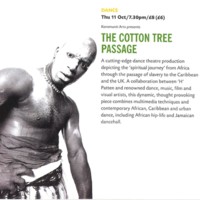
The Cotton Tree Passage
'The Cotton Tree Passage' was a dance theatre production by Koromanti Arts performed at The Drum in Birmingham as part of the Routes to Freedom season. The production depicted the spiritual passage of slavery from Africa to the Caribbean and the UK. A collaboration between 'H' Patten and dance, music, film and visual artists, this piece combined multimedia techniques and contemporary African, Caribbean and urban dance, including African hip-life and Jamaican dancehall.
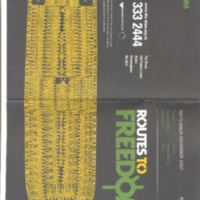
Connexions: History in the Making
20 young people from the Aston area of Birmingham worked on a commemorative project exploring the impact of the 1807 Act on the African, Caribbean and Asian communities in the UK and the contributions of these communities to British society since then. Their performance at The Drum showcased poetry, singing and dance.
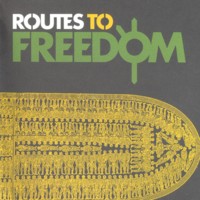
Routes to Freedom
The 'Routes to Freedom' season of events took place throughout Autumn 2007 at The Drum, an intercultural arts venue in Birmingham. The programme explored the struggle for social justice and equality in relation to African, Asian and Caribbean communities, and marked two key historical events and their impact: the bicentenary of the Abolition of the Slave Trade Act and the 60th anniversary of the partition of the Indian subcontinent. The programme was made up of theatre productions, touring exhibitions, film screenings, readings, dance performances and special events, including 'Coolies of the Caribbean' and a conference about Olaudah Equiano.
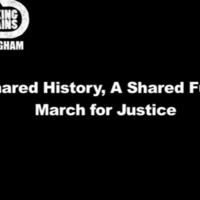
A Shared History, A Shared Future
A Shared History, A Shared Future was a series of projects led by Birmingham Libraries to engage with different communities within Birmingham. The project as a whole identified archival materials, local historical documents and music with an emphasis on the diverse multicultural nature of historical and modern indentured slavery, and how it relates to everyday lives in Birmingham. Over 1000 participants from schools and community groups took part in over 150 workshops to create stories, artwork, banners, protests, games, films, dances, drama and performances. A resource pack, the liberty box, was produced to encourage community groups, youth groups and others to explore the issues of slavery. In August 2007, the project organised the March for Justice in Birmingham city centre, a recreation of the Quaker and philanthropist Joseph Sturge's march against slavery in August 1838. The day included an anti-slavery fashion show, a limbo performance, storytelling, African drumming, and a Slavery Question Time Special hosted by an actor representing Olaudah Equiano.
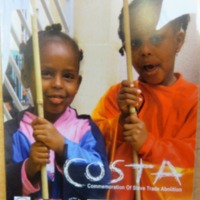
COSTA
COSTA stood for 'Commemoration of Slave Trade Abolition' and was a project of Sul'Art, a community art organisation in Bristol. Sul'Art delivered a programme of music, drama, art and dance to a number of schools and community groups to explore meanings of the bicentenary, working around themes such as migration, identity, celebration of difference, critiques of consumerism and intergenerational dialogue. Sul'Art also presented a number of performances of the professional jazz show ‘King Cotton’, dramatising the story of the cotton industry in music, song and film.
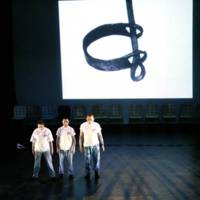
Remembering Slavery Freedom Performance
Remembering Slavery 2007 involved museums, galleries and other cultural organisations across the North East of England in a programme of exhibitions, events, performances, lectures and activities to explore the themes of slavery and abolition, and identify connections with the region.
The Freedom Performance was a collaboration between Tyne and Wear Museums, Dance City (a dance school in Newcastle), professional artists, performers and community and youth groups from across Northumberland and Tyne and Wear. The performance was inspired by music, dance, literature and objects relating to the slave trade and its legacy.